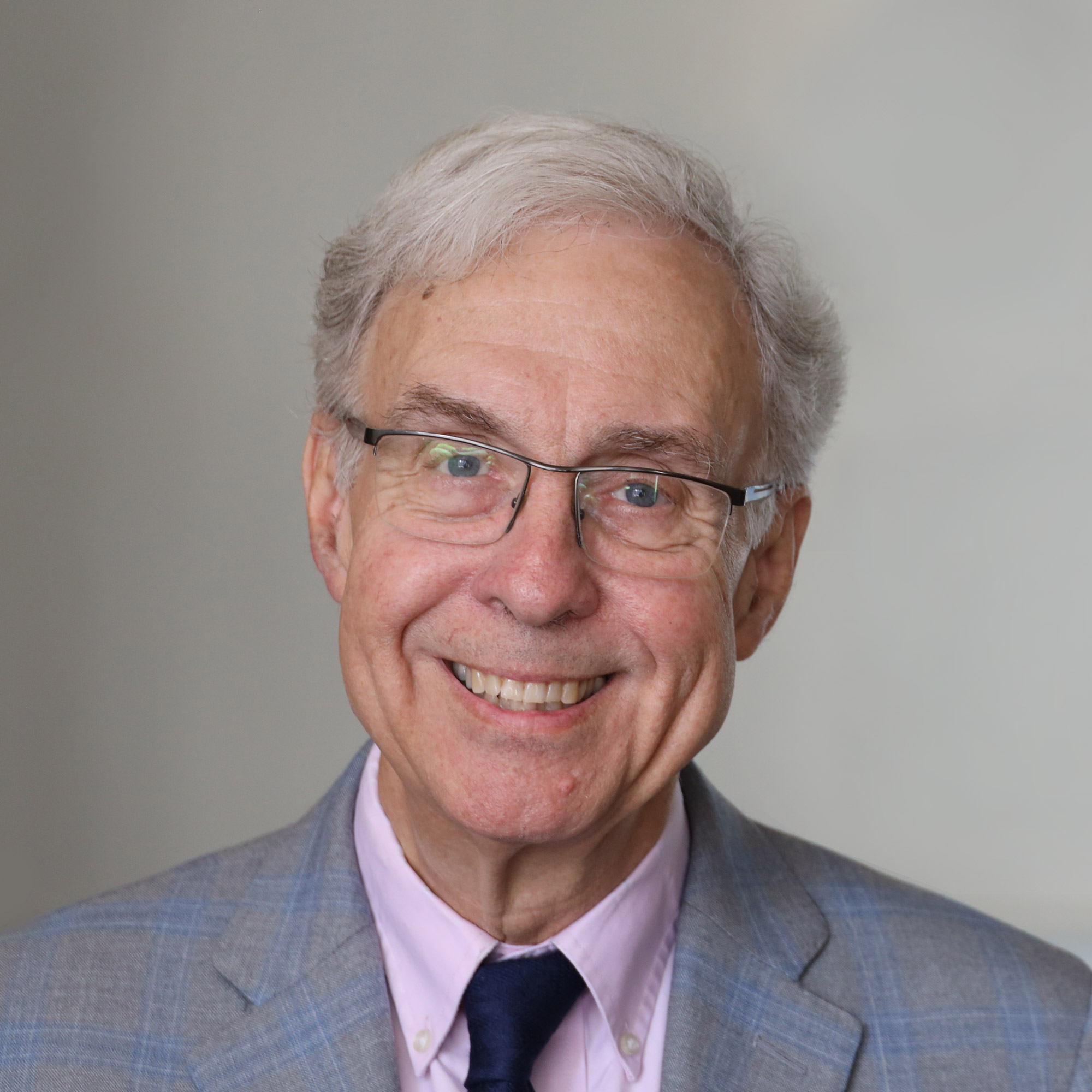Did God use evolution to create life? On a new episode of ID the Future, we’re sharing the second half of a recent conversation with Dr. Casey Luskin that originally aired on the Truthful Hope podcast. Casey is critiquing theistic evolution, the view that God used evolutionary mechanisms to create life.
In Part 1, Casey reviewed the terms of the debate, including what is meant by “evolution.” He explains that the main problem with the theistic evolution perspective is that it inherits all the numerous scientific problems associated with the standard evolutionary account. He began reviewing some of those problems by discussing the scientific limitations in explaining the origin of life.
In today’s episode, he continues by next addressing the inadequacy of natural selection and random mutation to generate biological complexity. Luskin illustrates the barrier to complexity for the selection/mutation mechanism. Natural selection can only preserve traits that are already present. According to the neo-Darwinian view, traits must evolve one small mutation at a time. However, many complex traits require multiple coordinated mutations before providing any selective advantage. Despite this and other challenges, many biologists continue to ascribe to the selection/mutation mechanism an almost unlimited magical power to explain instances of biological novelty without a detailed explanation of how it could originate such features.
Luskin also points out that even non-ID scientists have expressed skepticism about the explanatory power of neo-Darwinism. For example, a 2008 conference, commonly named The Altenberg 16, convened sixteen scientists who discussed fundamental problems with the standard neo-Darwinian model, noting that the current model cannot explain the “arrival of the fittest.” A follow-up conference in 2016 at the Royal Society argued that the modern synthesis focuses only on the variation and maintenance of biological features that already exist but fails to explain how those novel characters, behaviors, and body plans originate.
All this makes it very hard to justify the position of theistic evolutionists, who claim God uses evolution to create life. In reality, the more we learn about the complexity and design of life, the less adequate neo-Darwinism is as an explanation.
We’re grateful to Jacob Vasquez, host of the Truthful Hope podcast, for permission to share this conversation.
Download the podcast or listen to it here. This is Part 2 of a two-part conversation. Listen to Part 1.
Dig Deeper
- Want a deep dive into why theistic evolution doesn’t adequately explain the evidence? Get a copy of Theistic Evolution: A Scientific, Philosophical, and Theological Critique, co-edited by philosopher of science Dr. Stephen Meyer.









































